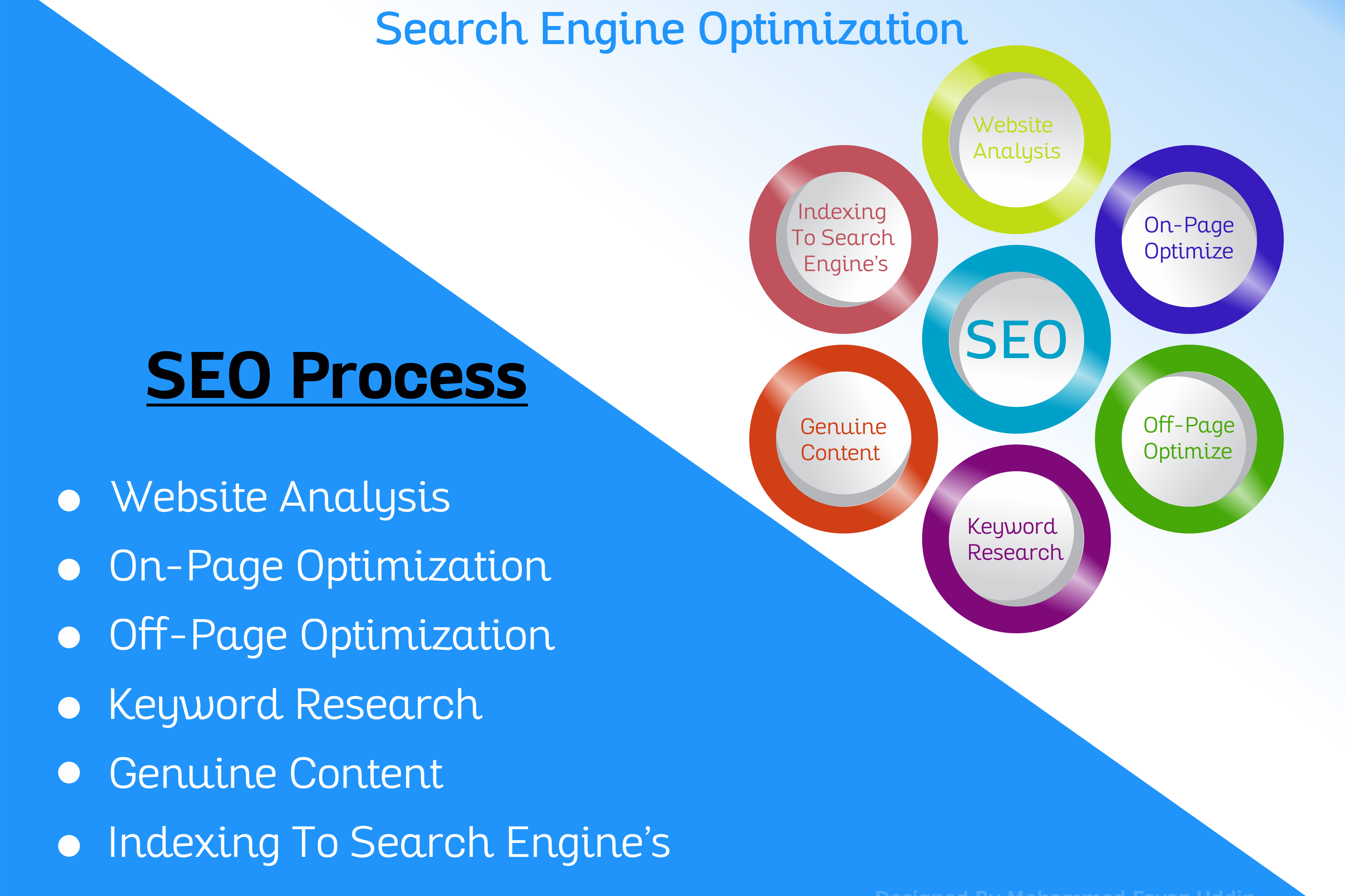



In today’s digital age, where the majority of online experiences begin with a simple search query, mastering the art of search engine optimization (SEO) has become paramount for businesses seeking to establish a strong online presence. With search engines like Google continuously evolving their algorithms to deliver more relevant and authoritative results to users, understanding the intricacies of SEO has never been more crucial. In this comprehensive guide, we’ll delve deep into the world of SEO, exploring its importance, key strategies, and best practices for achieving success in search engine rankings.
Understanding SEO:
At its core, SEO is the process of optimizing a website to improve its visibility and ranking in search engine results pages (SERPs). By enhancing various aspects of a website, such as content, structure, and links, businesses can increase their chances of appearing higher in organic search results. SEO is not only about driving traffic to a website but also about attracting relevant and targeted traffic that is more likely to convert into leads or customers. In essence, SEO is the cornerstone of any successful digital marketing strategy, serving as the foundation upon which all other online efforts are built.
On-Page SEO Techniques:
One of the fundamental aspects of SEO is on-page optimization, which involves optimizing individual web pages to rank higher and earn more relevant traffic in search engines. This includes optimizing meta tags, headings, and content for targeted keywords, as well as improving website structure and navigation for better user experience. By incorporating relevant keywords strategically throughout a website’s content and ensuring that each page is properly optimized for search engines, businesses can increase their visibility and attract more organic traffic.
Off-Page SEO Strategies:
In addition to on-page optimization, off-page SEO plays a crucial role in determining a website’s search engine ranking. Off-page SEO primarily involves building high-quality backlinks from authoritative websites, engaging in guest blogging and influencer outreach to expand reach, and monitoring and managing online reviews and reputation for improved credibility. Backlinks, in particular, are a key ranking factor for search engines, as they signal to search engines that a website is trustworthy and authoritative. By earning links from reputable sources, businesses can improve their search engine rankings and establish themselves as industry leaders.
Technical SEO Essentials:
While on-page and off-page optimization are essential components of SEO, technical SEO is equally important for ensuring that a website is properly optimized for search engines. Technical SEO involves optimizing the technical aspects of a website, such as site speed and performance, mobile-friendliness, and schema markup. Site speed, in particular, has become increasingly important in recent years, as search engines prioritize fast-loading websites to provide a better user experience. By addressing technical issues and implementing best practices for technical SEO, businesses can ensure that their website is crawlable, indexable, and optimized for search engines.
Content Creation and Optimization:
At the heart of any successful SEO strategy lies content – high-quality, relevant, and engaging content that resonates with target audiences and addresses their needs and interests. Content creation and optimization involve creating valuable content that provides solutions to users’ queries and incorporating keyword research and optimization into the content creation process. Additionally, businesses can leverage multimedia content, such as videos and infographics, to enhance user engagement and attract more organic traffic. By consistently creating and optimizing content that aligns with user intent and search engine guidelines, businesses can improve their search engine rankings and drive more organic traffic to their website.
Local SEO Strategies:
For businesses with physical locations or those targeting local customers, local SEO is essential for improving visibility in local search results and attracting more customers to their doorstep. Local SEO involves optimizing a business’s Google My Business (GMB) profile for local search visibility, building local citations and listings to improve local search rankings, and encouraging customer reviews and testimonials to boost local credibility. By implementing these local SEO strategies, businesses can ensure that they appear prominently in local search results and attract more foot traffic to their physical locations.
Conclusion:
In conclusion, mastering the art of SEO is essential for businesses seeking to establish a strong online presence and attract more organic traffic to their website. By understanding the fundamentals of SEO, implementing best practices, and staying updated on industry trends and algorithm changes, businesses can position themselves for long-term success in search engine rankings. SEO is not a one-time effort but rather an ongoing process that requires dedication, patience, and continuous optimization. By incorporating these SEO techniques into their digital marketing strategy, businesses can strengthen their online presence, attract more targeted traffic, and ultimately, achieve their business goals in the competitive landscape of the digital world.